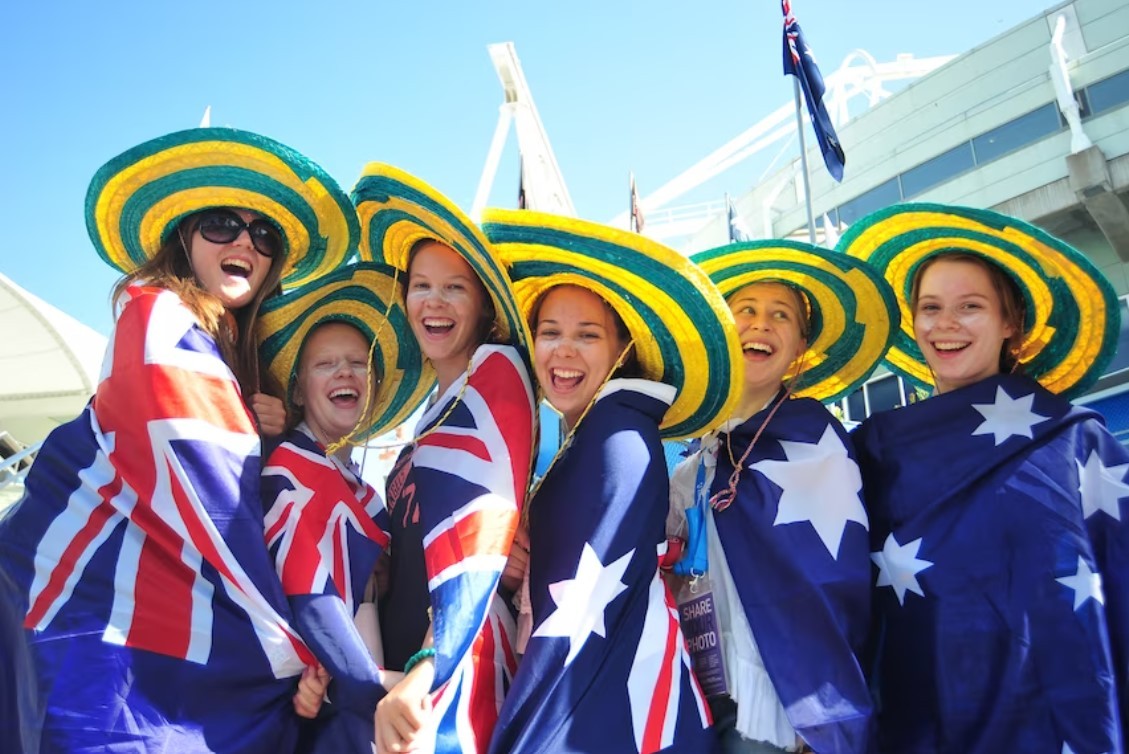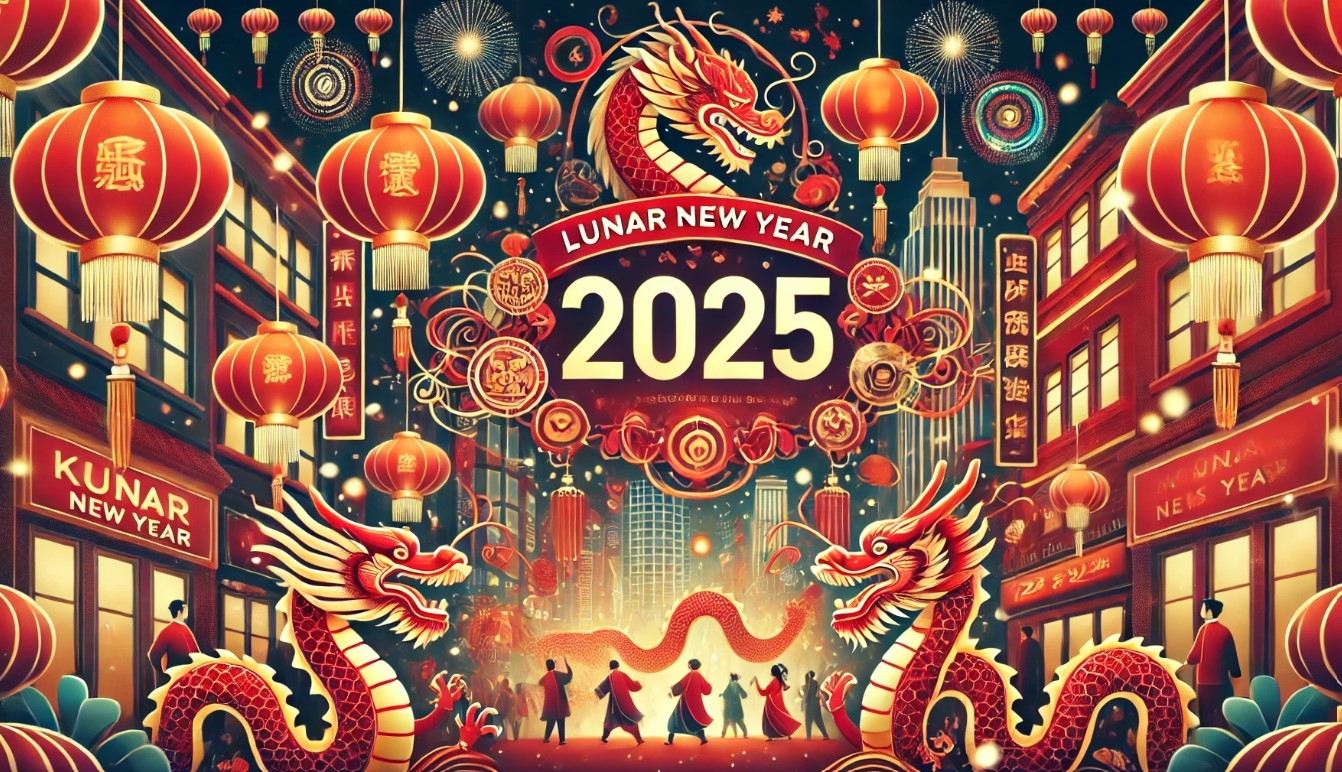Why We Celebrate New Year's Day? History, Significance, and Traditions
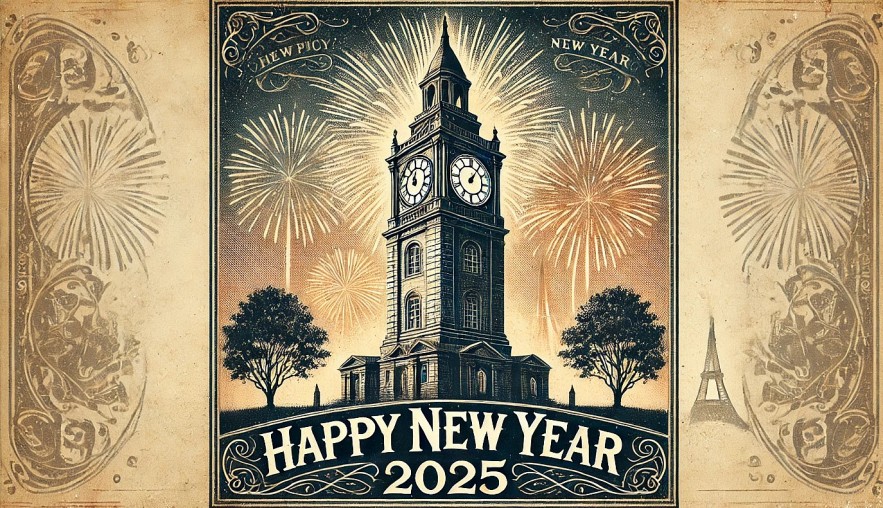 |
| Why We Celebrate New Year's Day |
The start of a new year is one of the most widely celebrated occasions around the world. As the clock strikes midnight on December 31st, fireworks light up the sky, people cheer, and resolutions are made for the year ahead. But beyond the festivities and traditions, New Year’s Day carries a rich history and profound significance.
The History of New Year’s Day
The celebration of New Year’s Day dates back thousands of years, with its roots found in ancient civilizations. The earliest recorded New Year’s festivities occurred in Mesopotamia around 2000 BCE. These early celebrations were not held in January but in mid-March during the vernal equinox, a time that symbolized new beginnings as the earth’s cycles renewed.
The modern date of January 1st was established by the Roman calendar. In 46 BCE, Julius Caesar introduced the Julian calendar, which set January 1st as the start of the year. The month of January was named after Janus, the Roman god of beginnings and transitions, who was depicted with two faces—one looking to the past and the other to the future. This symbolism made January an apt choice to mark the start of a new year.
In medieval Europe, New Year’s Day lost its prominence due to the spread of Christianity, which emphasized religious holidays such as Christmas and Easter. However, in 1582, Pope Gregory XIII introduced the Gregorian calendar, which reinstated January 1st as New Year’s Day. This calendar is still used by most countries today.
The Significance of New Year’s Day
New Year’s Day is more than just a calendar event; it holds deep symbolic significance. For many, it represents a fresh start, a chance to leave behind the past and embrace new opportunities. This day inspires reflection on the year that has passed—its achievements, challenges, and lessons—and fosters hope and optimism for the year ahead.
On a global scale, New Year’s Day is a unifying event. Despite differences in customs and traditions, the celebration of a new year transcends cultural boundaries. It serves as a reminder of humanity’s shared experience of time and the cycles of life.
In addition to personal reflections, New Year’s Day also has societal implications. It is a time when individuals and communities set goals, plan initiatives, and envision a better future. Resolutions made on this day, though often lighthearted, reflect a collective desire for self-improvement and progress.
Why We Celebrate New Year’s Day
Celebrating New Year’s Day is a tradition rooted in both ancient practices and modern customs. Here are some key reasons why people worldwide embrace this occasion with enthusiasm:
-
Marking the Passage of Time
The transition from one year to another provides a natural opportunity to pause and acknowledge the passage of time. It allows individuals to reflect on their journey, recognize milestones, and appreciate the moments that define their lives.
-
Hope and Renewal
The start of a new year symbolizes renewal. It is a time to let go of past disappointments and embrace new possibilities. This sense of hope is deeply ingrained in human nature, and New Year’s Day provides a platform to express it.
-
Cultural Traditions
Many cultures have unique traditions associated with New Year’s celebrations. For example:
- In Spain, people eat twelve grapes at midnight, one for each chime of the clock, to bring good luck.
- In Japan, families clean their homes and prepare traditional foods as part of the “Oshogatsu” festivities.
- In the United States, the iconic Times Square ball drop has become a symbol of New Year’s Eve.
These customs add richness to the celebration and foster a sense of belonging and identity.
-
Festivity and Joy
New Year’s celebrations are a time of joy and togetherness. Whether through parties, family gatherings, or public events, people come together to share happiness and create lasting memories. The festive atmosphere is a testament to the human spirit’s resilience and capacity for joy.
Modern Traditions and Celebrations
The ways in which people celebrate New Year’s Day have evolved over time. In today’s world, technology plays a significant role in connecting people during this occasion. Live broadcasts, social media, and video calls allow individuals from different corners of the globe to share the moment, even if they are physically apart.
Fireworks are a universal symbol of New Year’s celebrations. Cities like Sydney, Dubai, and London are renowned for their spectacular displays, which draw millions of viewers each year. These dazzling shows reflect the excitement and grandeur associated with the occasion.
Another widespread tradition is making New Year’s resolutions. From health goals to career aspirations, these resolutions reflect a desire for growth and improvement. While not everyone succeeds in keeping them, the act of setting goals itself is a powerful motivator.
The Deeper Meaning of New Year’s Celebrations
Beyond the parties and resolutions, New Year’s Day invites introspection. It is a time to ponder life’s bigger questions: How can we improve ourselves? How can we contribute to society? How can we create a more compassionate and equitable world?
For many, New Year’s celebrations are also spiritual. In various religions, the start of a new year is marked by prayers, rituals, and ceremonies seeking blessings for the year ahead. This spiritual dimension adds depth to the occasion, reminding us of the interconnectedness of all aspects of life.
Looking Ahead to 2025
As we welcome 2025, the world faces numerous challenges and opportunities. From climate change and technological advancements to global health and social equity, the coming year offers a chance to address pressing issues and work toward a brighter future.
On a personal level, 2025 can be a year of growth, learning, and fulfillment. Whether through small acts of kindness or bold ambitions, each individual has the power to make a difference.
Conclusion
New Year’s Day is a celebration that blends history, culture, and personal meaning. It is a time to honor the past, embrace the present, and look forward to the future with hope and determination. As the world ushers in 2025, let us cherish the traditions that unite us, reflect on the values that guide us, and strive to create a better tomorrow.
Happy New Year 2025! May it be filled with joy, prosperity, and peace for all.
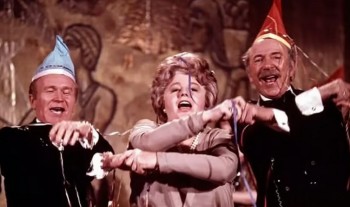 Happy New Year 2025: Top 50 Wishes, Messages, and Quotes Happy New Year 2025: Top 50 Wishes, Messages, and Quotes As we bid farewell to 2024 and welcome the dawn of 2025, it’s the perfect time to spread positivity, hope, and good vibes. |
 Learn to Say 'Happy New Year' in 35 Different Languages with English Pronunciation Learn to Say 'Happy New Year' in 35 Different Languages with English Pronunciation One of the simplest and most meaningful ways to connect with others during this festive season is by learning how to say "Happy New Year" ... |
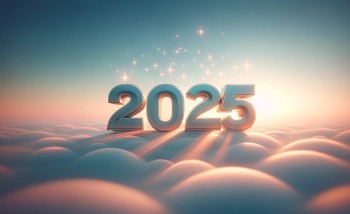 Happy New Year 2025: Top 150 Unique Wishes for Partner, Lover, and Wife Happy New Year 2025: Top 150 Unique Wishes for Partner, Lover, and Wife Excitement is in the air as the New Year draws near and we get ready to bid 2024 farewell and welcome 2025. People are motivated ... |
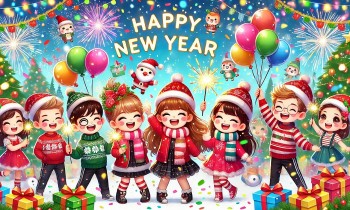 Happy New Year 2025: Top 50 Fun and Inspirational Wishes for Kids Happy New Year 2025: Top 50 Fun and Inspirational Wishes for Kids Whether you’re a parent, teacher, or someone looking to brighten a child’s day, these fun and inspirational New Year wishes are just the thing to ... |

